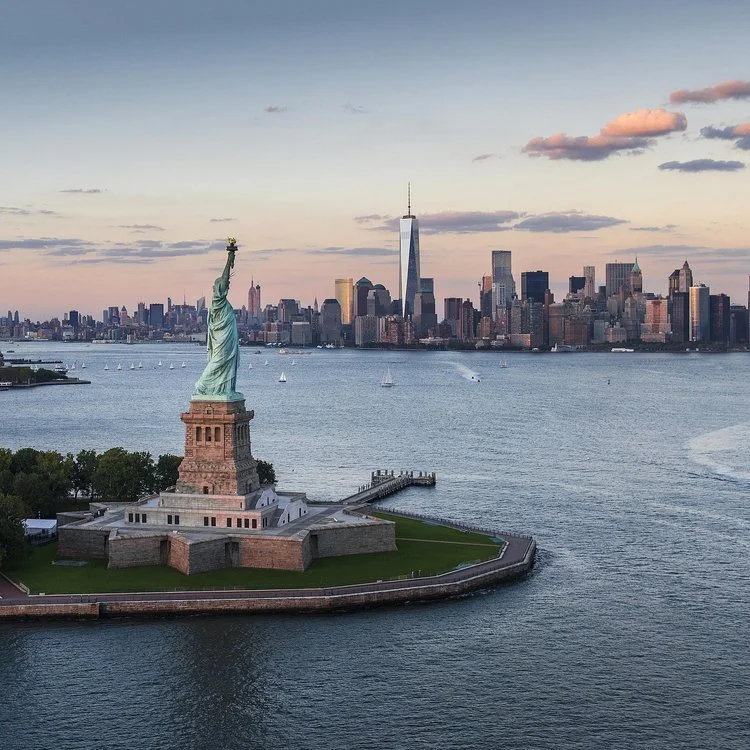In aims of strengthening its SLAPP protections, Hawaii’s legislature passed the “Hawaii Public Expression Protection Act.”
Read MoreKentucky becomes part of the nation who protects the first amendment from the bullying used in courts. Adopting the new ULC bill in April 2020
Read MoreWashington State has now changed their anti-SLAPP laws in an effort to restore the protections after the courts ruled their prior versions unconstitutional.
Read MoreThe Uniform Law Commission made great contributions toward states passing their own anti-SLAPP bills. The uniform law commission provides model bills for many different issues that have been drafted properly and made easy to implement. Now they have made a model anti-SLAPP law. This means it will be easier for states to not only draft but enact good anti-SLAPP laws.
Read MoreNew York Expanded their anti-SLAPP laws even more. Making them one of the more thorough states in the country at protecting people’s first amendments.
Tim Cushing at Techdirt offers an analysis of CT's new anti-SLAPP law, which was recently unanimously passed by legislators and is headed to the governor's desk.
Read MoreThe Pennsylvania Senate passed state anti-SLAPP legislation by a vote of 42-8 on April 25, 2017. “I am grateful for the bipartisan support for this important legislation,” prime sponsor Sen. Larry Farnese (D-Philadelphia) said. “As a lawyer, I will be the first to admit that in many circumstances, lawsuits are necessary. But we must take action to prevent litigation that only exists to harass and intimidate.”
Read MoreFrom Mike Masnick at Techdirt: For many, many years we’ve talked about the importance of strong anti-SLAPP laws. In case you’re new to the subject, SLAPP stands for a Strategic Lawsuit Against Public Participation. In short, SLAPP suits are lawsuits where it is fairly obvious that the intent of the lawsuits is to stifle free speech, rather than for a legitimate purpose under the law...
Read MoreGeorgia’s legislature revised the state’s anti-SLAPP statute, extending coverage to “[a]ny written or oral statement or writing or petition made in a place open to the public or a public forum in connection with an issue of public interest or concern” and “[a]ny . . . conduct in furtherance of the exercise of the constitutional right of petition or free speech in connection with a public issue or an issue of public concern.”
Read More








